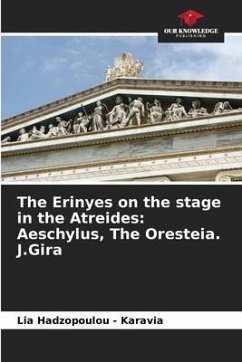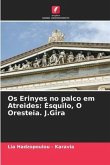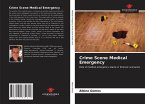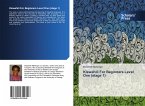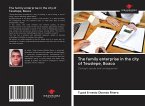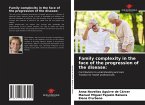The Erinyes come from the depths of religious thought, before the official religions. Before Aeschylus, the popular imagination confused them with other demons or dangerous and poisonous animals. Classical Greek literature (Homer, The Epic Cycle, Hesiod, Stesichore, Pindar) would refer to their functions rather than their form. When the Erinyes become anthropomorphic, in Aeschylus' Eumenides, where they appear on stage, they declare that they are ancient goddesses, (ancient even in the time of the myth), while the gods of Olympus are "young gods". Aeschylus tries to show that even these primitive creatures could be tamed by just laws of Athens, a civilized city, and become Eumenides. Nevertheless, they remain threatening in human thought throughout the centuries. Three dramatic authors of the 20th century, Jean Gidaudaux in "Electra", Jean Paul Sartre in "Les Mouches" and T. S. Eliot in "The Family Reunion", use them as characters in their plays to expose their ideas about justice, freedom, being and becoming. All the works end with a hope, according to each of these authors.
Hinweis: Dieser Artikel kann nur an eine deutsche Lieferadresse ausgeliefert werden.
Hinweis: Dieser Artikel kann nur an eine deutsche Lieferadresse ausgeliefert werden.

